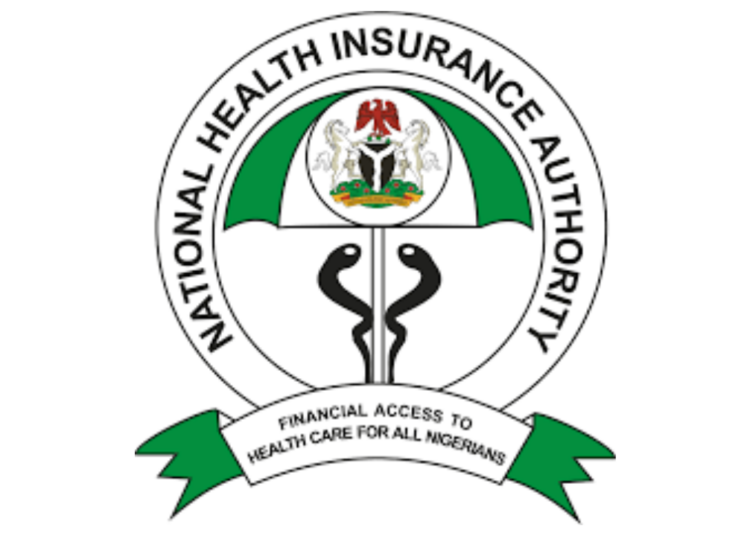In a bid to make Nigeria’s health insurance system more transparent, data-driven and responsive to citizens’ needs, the National Health Insurance Authority (NHIA) has entered into partnerships with the National Bureau of Statistics (NBS) and the Service Compact with All Nigerians (SERVICOM).
The agreements, signed in Abuja, aim to tackle two long-standing gaps in the country’s health insurance landscape; poor data management and weak service accountability, by introducing evidence-based planning and stronger feedback mechanisms for enrollees.
The director-general of NHIA, Dr. Kelechi Ohiri, said the collaborations are part of a wider reform agenda to make the agency more people-centered and performance-driven.
“For us, this is about making health insurance work better for Nigerians. We’re building a system that listens, learns, and improves, one that measures impact and delivers real value to citizens,” Ohiri said.
He explained that the partnership with NBS will ensure NHIA’s policies are grounded in reliable data that reflect the realities of Nigerians, particularly the poor and vulnerable.
“You cannot improve what you cannot measure. By working with the National Bureau of Statistics, we will ensure our programmes are guided by accurate data, not assumptions. This will help us identify what’s working, where the gaps are, and how to fix them,” he added.
The partnership also includes data sharing, joint research, and capacity-building initiatives tailored to the Nigerian health context.
The second MoU, with SERVICOM, is designed to improve the service experience of health insurance beneficiaries and strengthen mechanisms for complaints, feedback, and redress.
“Universal Health Coverage is not just about access, it’s also about the quality of care people receive. If citizens can’t get help when things go wrong, the system fails them. That’s why we are partnering with SERVICOM, whose mandate is to make public services work better for Nigerians,* Ohiri said.
In his remarks, SERVICOM National Coordinator, Anthony Oshie, described the partnership as a practical demonstration of government’s commitment to accountability and service excellence in healthcare.
“This collaboration shows that public institutions can work together to make services more responsive to citizens. It’s not about bureaucracy, it’s about results, about ensuring that when Nigerians walk into hospitals, they get the quality care they deserve,” Oshie said.





